The National Union of Electricity Employees (NUEE) has faulted the privatization of Nigeria’s electricity assets, lamenting the poor state of power in Nigeria.
This was disclosed by Mr Sikamta Mshelinga, the North-East Zonal Senior Organising Secretary of the union, in a press conference on Monday in Jos, according to the News Agency of Nigeria.
He noted that the privatisation of the sector has also brought no meaningful impact or improvement on the sector, rather, it has brought so many setbacks to the nation.
What the NUEE is saying
Mshelinga, who faulted the entire privatisation process, claimed it had not met the expectations of Nigerians. He also added that it provided no value to the lives of ordinary Nigerians, and has not made a meaningful impact in power supply in the country.
He called on the Federal Government to look into the entire power sector privatisation process with a view to making it better.
- ”It is an undeniable fact that the power sector privatisation has not added value to the lives of the ordinary Nigerians.
- ”The entire exercise did not bring any meaningful impact or improvement on the sector, rather, it has brought so much set backs to the nation.
- ”The infrastructural development by the new business owners in the sector has almost gone comatose while the socio-economic status of the average worker in the sector has continued to decline.
- ”Nigerians were told that the new investors had the financial and technical muscles to improve power generation and distribution, but I believe that has not been achieved,” he said.
Mshelinga also faulted the lack of power supply in the nation amid rising electricity tariffs without making prepaid meters available to customers.
Other issues brought up include non-payment of entitlements of discharged workers of the defunct Power Holding Company of Nigeria (PHCN), poor remuneration, lack of welfare packages, poor condition of service, among other ill-treatments for electricity workers in the country.
He, therefore, called on the Federal Government to look into the entire power sector privatisation process with a view to making it better.
In case you missed it
- Recall that on Tuesday, August 16, electricity workers under the aegis of NUEE and the Senior Staff Association Electricity and Allied Companies (SSAEAC), grounded the operations of TCN nationwide with the picketing of its office across the country for reneging on the agreement it had reached with the unions some years ago.
- The aggrieved electricity workers who had vowed to paralyse the operations of TCN over its anti-masses activities said that the exercise that they carried out on Tuesday was a prelude to an indefinite strike action which is expected to commence today (Wednesday, August 17).
- After a meeting with the Minister of Labour, Dr Chris Ngige, Minister of Power, Mr Abubakar Aliyu, Minister of State for Power, Mr Goddy Jedy-Agba, and the representative of the Head of Service, the NUEE suspended the strike for two weeks.

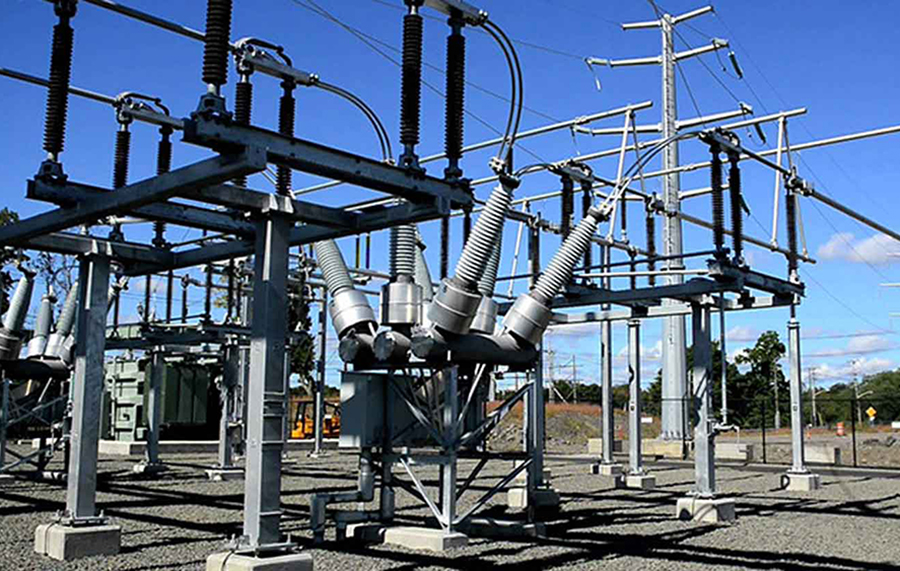






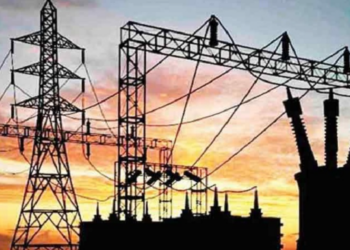
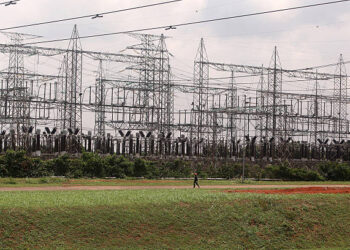
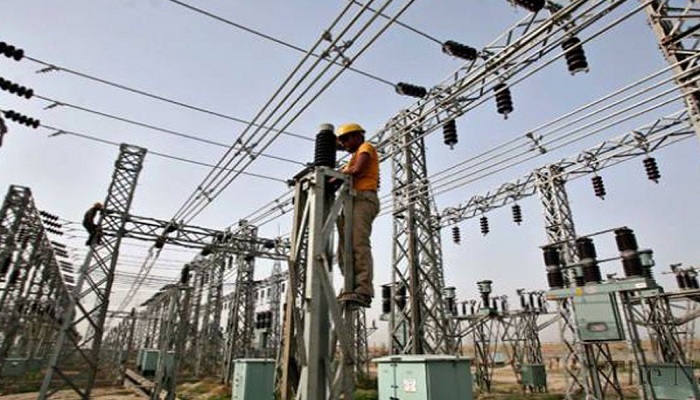
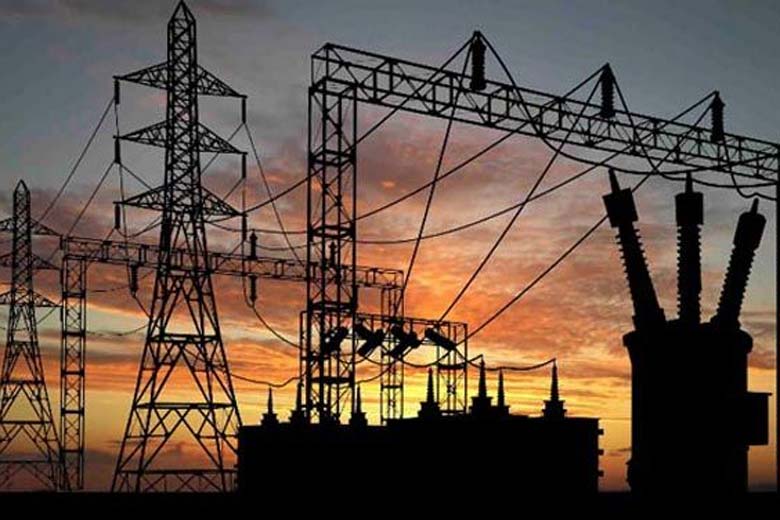
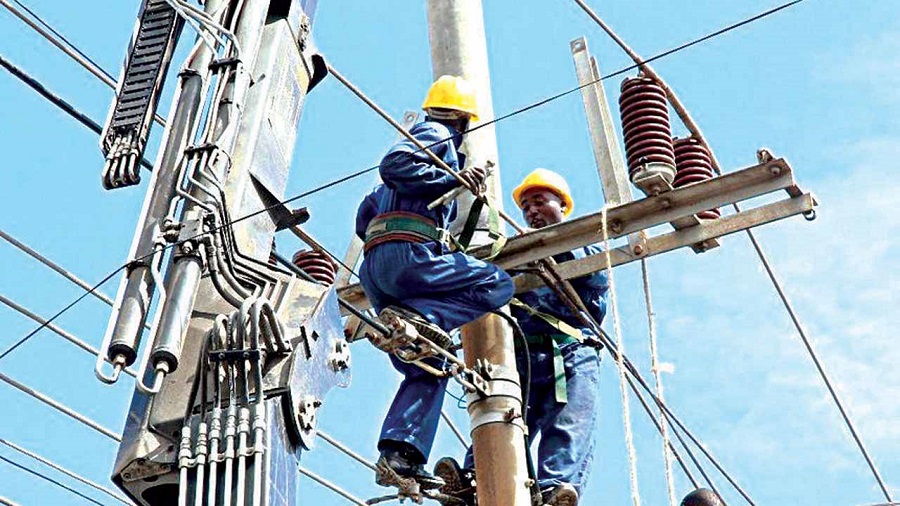












Nigerians keep chasing shadows in derogation of substance.
There’s reportedly a current installed generation capacity in Nigeria of about 13,500 MW, but the GOVT-owned TCN can only transmit about 5,000 MW, so what does privatization has to do with that? The GOVT still owns 40% of the DISCOs and has refused (through NERC) to allow cost-reflective tariffs, so what does privatization has to do with that?
Privatization is NOT a magic bullet! Without being able to charge cost-reflective (or commercial) tariffs, the DISCOs will NEVER be able to produce the sorts of balance sheets that will enable them raise banking financing or other debt (or even new equity) capital for the MASSIVE investments required to upgrade facilities.